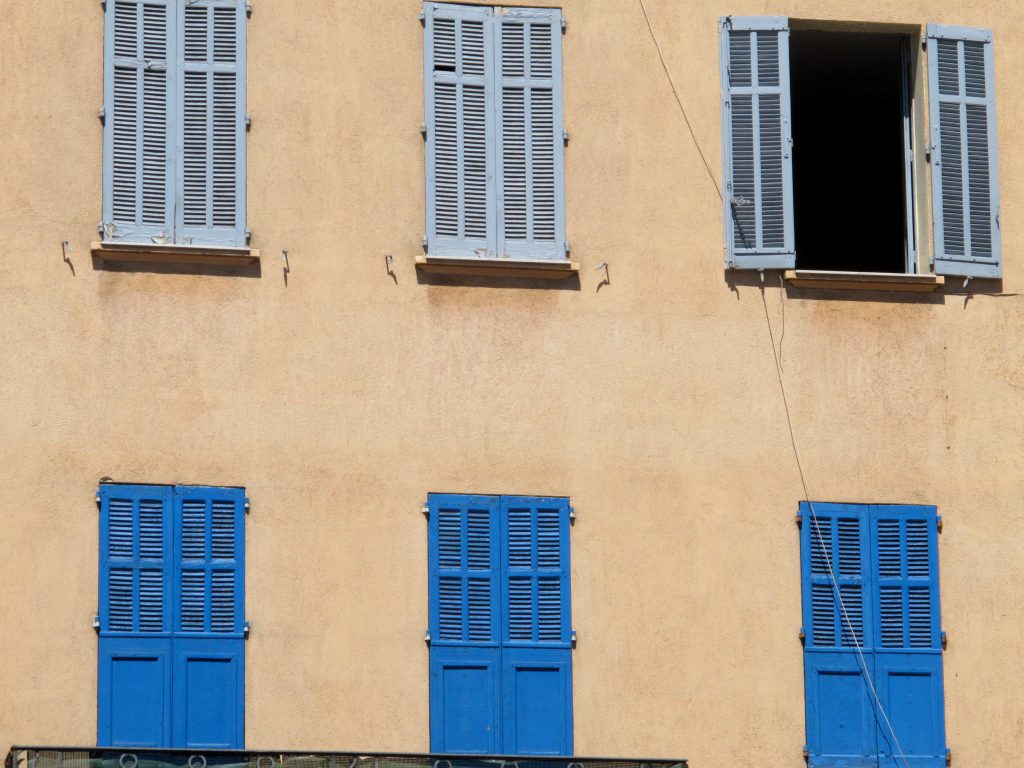June 27, 2017

In a context of low interest rates and volatile financial markets, financial real-estate assets are an indispensable and preferred asset class for French investors or portfolio managers thanks to their projected financial returns and attractive valuations.
Under the individualised financial management of a Luxembourg life-assurance policy, real-estate vehicles can be invested in by the discretionary manager of the dedicated internal fund or can be selected directly by the policyholder within the specialised insurance fund under conditions defined by the insurer in conformity with the internal insurance fund’s investment policy.
An investment decision motivated chiefly by prospects of returns and valuation must also take account of the tax treatment of real-estate income and capital gains earned under the aegis of the life-insurance policy, having regard to the fact that the assets are held cross-border. It should be borne in mind that the insurer owns the assets held under the life-assurance policy. The real-estate income earned within the internal insurance fund, whether dedicated or specialised, enjoys tax neutrality, but is subject to withholding tax.
Where investment is in French real-estate funds, the tax treatment of income and capital gains will depend on the legal form of the real-estate fund invested in, on the tax provisions in French law and under the double-taxation treaty that is applicable to income earned. Consideringthe complexity of the tax rules applicable depending on the fund’s legal form, seeking sound tax advice is recommended before investing.
The main French real-estate funds take the legal form of a Société Civile de Placement Immobilier (“SCPI” – real-estate investment trust) or of a Société à Prépondérance Immobilière à Capital Variable (“SPPICAV” – professional-investor real-estate-weighted open-end investment company).
From the income taxation standpoint
In the case of the fiscally-transparent SCPI, the result realised and attributed annually to a Luxembourg insurer in proportion to its investment are chargeable in France at a fixed rate of 33.33%.
In the case of the SPPICAV, which is fiscally opaque, the results exempt from corporate income tax are distributed annually to the fund’s shareholders in the form of dividends in consistency with the legal status of an OPCI (real-estate investment scheme). Dividends paid to the Luxembourg insurer as shareholder will be chargeable to withholding tax in France at the double-tax treaty rate of 5% if the insurer holds more than 25% of the investment vehicle’s share capital, or 15% where the insurer’s shareholding is below that figure.
Withregard to the tax treatment of dividend payments from a real-estate fund, investing in and owning a SPPICAV under a Luxembourg life-assurance policy is therefore more favourable.
From the capital gains taxation standpoint
Since the entry into force of a new amendment to the tax treaty between France and Luxembourg on 1 January 2017, capital gains arising on the disposal of shareholdings in French real-estate-weighted investment companies have become taxable in France.
Capital gains on disposals by non-resident legal entities will now be chargeable to the 33.33% fixed tax charge.
However, a distinction should be drawn between the sale of a shareholding in an SCPI and in a SPPICAV.
Capital gains on disposal of SCPI shares are taxable in France regardless of the size of the shareholding, whereas capital gains on the disposal of a shareholding in a SPPICAV are taxable in France only if the transferor holds more than 10% of the share capital.
Accordingly, investment in a SPPICAV enjoys more favourable tax treatment of capital gains on disposals when the insurer holds less than 10% of the share capital.
From the standpoint of welfare contributions
No welfare contributions are payable on real-estate income arising in France and received by the insurer in respect of the life-assurance policy’s assets.
A French-resident policyholder will be liable to pay welfare contributions on any proceeds from total or partial redemption.
Foreign investors, being non-French-resident, may prefer the investment solution using Luxembourg life assurance rather than direct investment in a French real-estate fund, in order to avoid paying welfare contributions on real-estate income.
From the standpoint of registration duty
In France, as a rule, registration duty is payable by the purchaser at the rate of 5% calculated on the purchase price of a shareholding in a real-estate-weighted investment vehicle.
However, concessional treatment applies to real-estate funds.
As concerns the SCPI, subscriptions, disposals and redemptions are exempted from registration duty except in the case of the privately-negotiated sale of a shareholding in a closed-end (fixed-capital) SCPI.
As concerns the SPPICAV, subscriptions, sales and redemptions are exempt from registration duty unless the purchaser holds more than 20% of the shares in the SPPICAV, or will do so following the purchase.
In conclusion, in order to safeguard the after-tax return on a real-estate investment, French or foreign investors using Luxembourg life assurance must, in addition to the expected return and risk, take account of the tax treatment of real-estate income, having regard to the nature of the fund and the French and treaty tax provisions.
OneLife boasts expertise in non-conventional assets, and remains available to its partners and clients in order to determine the most effective investment solution regarding local and cross-border tax constraints.
To learn more, please contact
Bastien PERRINE
Article written by ![]() Christophe BRECHIGNAC – The content of this newsletter is governed by the limitations and legal notice of OneLife’s website.
Christophe BRECHIGNAC – The content of this newsletter is governed by the limitations and legal notice of OneLife’s website.
